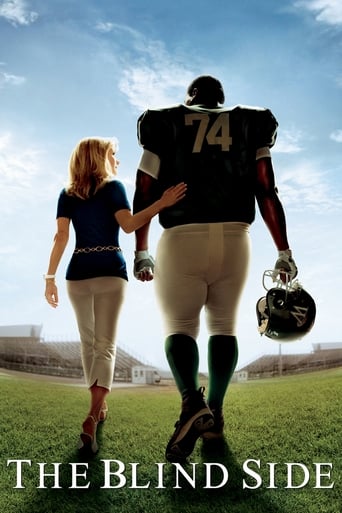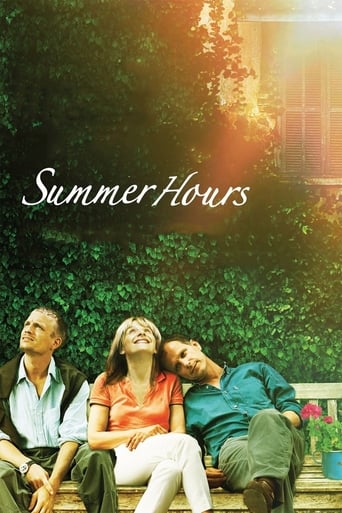


Summer Hours
After the death of a septuagenarian woman, her three children deliberate over what to do with her estate.
-
- Cast:
- Juliette Binoche , Charles Berling , Jérémie Renier , Edith Scob , Dominique Reymond , Valérie Bonneton , Isabelle Sadoyan


Similar titles

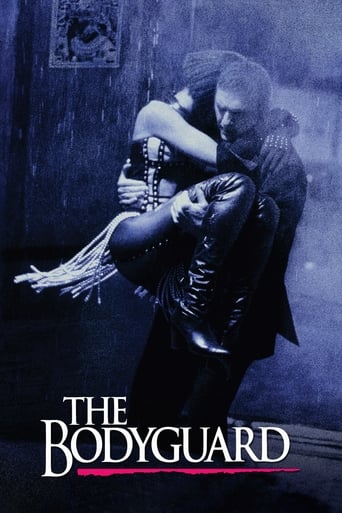
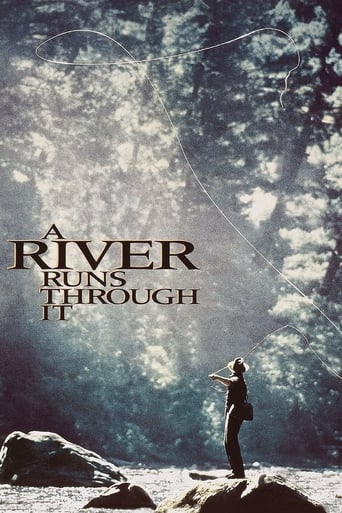


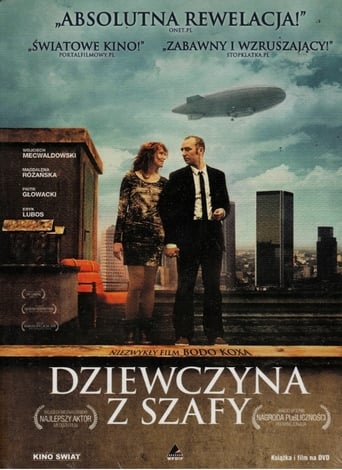

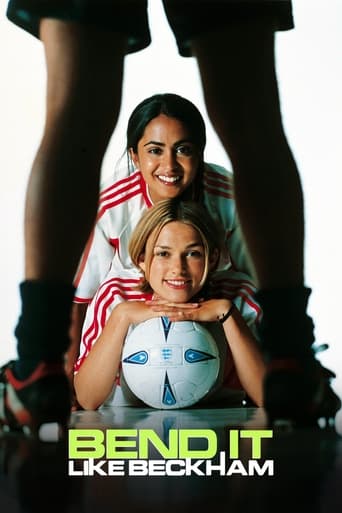
Reviews
Sadly Over-hyped
How sad is this?
Like the great film, it's made with a great deal of visible affection both in front of and behind the camera.
The movie turns out to be a little better than the average. Starting from a romantic formula often seen in the cinema, it ends in the most predictable (and somewhat bland) way.
Summer Hours (French: L'Heure d'été) (2008) Director: Oliver Assayas 6/10 Ensemble cast with impressive performances, As much about the family members as it is about the priceless artifacts they donate to the Musée d'Orsay. A meditative film on inheritance, heritage, and loss, Subtle in its merits that take patience and investment to appreciate? Or merely a pretentious film about the bourgeoisie's materialism? Gogyohka literally translates to "five-line poem." An alternative to the tanka form, the gogyohka has very simple rules. Five lines with one phrase per line. What comprises a phrase? Eye of the beholder- or the poet, in this case. #Gogyohka #PoemReview
I love Juliette Binoche's acting, but she can't save a film from its self-destructive implosion. French viewers and critics (non-French Franco-philes) too often use the crutch of contrasting negatively American films with French films. French films have depth and great acting ad nauseam. I have seen many, many French films over the years and even the best (I read reviews before viewing them) are usually just above average, same as America or British films. Ironically, one of Binoche's best performances is in the American film, Dan in Real Life. She is also quite good in the adventure film The Horseman on the Roof, a very, very good film. Anyway, Summer Hours has a Bergman feel, but none of his story telling ability and very little of the performances he elicits from actors and actresses. Not a winning film.
"Summer Hours" begins, appropriately, with hordes of children running joyfully through a garden. They're on a treasure hunt, following a map written in invisible ink.Director Olivier Assays then introduces us to Helene Berthier, an elderly woman whose children and grandchildren have gathered at her home in rural France. Helene was once romantically linked to a character called Paul, a now dead artist who was renowned for his paintings.Helene's home is filled with both Paul's work (a vast collection of priceless art) and more mundane personal items which nevertheless have tremendous sentimental value. One photograph, for example, features an older generation of Berthiers sitting at a table exactly as the current generation are. As the film unfolds, Assayas lays the groundwork for various heavy themes: the way what we "treasure" changes as we age, how art and objects tie people to the past, the relationship between art, globalisation and commerce, the seemingly arbitrary and shifting "value" of objects, the question of what defines art and what makes art meaningful, how spaces are "deterritorialized" and "reterritorialized" under capitalism, how objects transform as they move from space to space etc etc. You might say this is the "rural" version of Assayas's "Demonlover", "Clean" and "Boarding Gate", but whilst those films focused on the way humans are stripped, sold, traded and pushed around under techno-capitalism, "Summer Hours" focuses almost entirely on man's fluctuating relationship with both inanimate objects and product.Early in the film, Helene reveals the reason for calling a family assembly: she wants to discuss the fate of the family estate after her death. Frederic, Helene's eldest son, is an economist, and is the only family member who wishes (for sentimental reasons) to hold on to the estate and its artwork. Daughter Adrienne (a product designer) and younger son Jeremie (who works for a mega corporation in Shaghai) both want to sell the estate. It's of no value to them, they won't be able to visit it as they work far abroad, and it simply isn't economical to maintain. Frederic doesn't agree with them at first, but gradually the practical needs of commerce infringe on his desire to hold on to the past. Reluctantly he agrees with them. Significantly, Adrienne, the product of a system which destroys the past and sells nostalgic copies, makes tacky ceramic ornaments based on the designs of her uncle. Assayas stresses that the children are all ultra-modern bourgeois, part of a "new France" that is beholden to the demands of the global market and that is gradually losing ties with its traditions and heritage. Casual remarks highlight this theme: characters speaking of new companies popping up in their village, once taboo romantic relationships accepted as the norm, the fact that Adrienne lives in two of the citadels of Global Capitalism (New York and Japan), the fact that Jeremie is moving his family to China to better manage a mass production shoe factory and the mention that Jeremie's children will learn English and not speak French (thereby cutting them off from their cultural roots). Ironically, it's the one economist in the family who can't cope with the way his family, culture and historical treasure trove are being torn apart. Frederic frequently states that he believes the "economy as a functional system" is a myth. He recognises that economism is the new global religion, in which the world is reordered in the service of irrational and incessant growth. The dominant theology of this religion is neo-liberalism, which aims to make the whole world a single market, national boundaries no longer a factor in economic affairs. Unlike most religions, economism looks to growth for salvation, salvation being "freedom" from poverty and the ills that accompany it. When it is pointed out that the "new religion" has not in fact done much toward reducing poverty, believers are told that they must be more faithful to the precepts of the religion. Of course while the believers wait, the machine's greed outgrows the capacity of the real economy to satisfy. In response, the great centres of finance get the governments of the world to make available to them, by privatisation, all of their possessions. But still this does not suffice! How could it? Debt based Ponzi schemes cannot be satiated. And so the market becomes increasingly abstract, debts ignored or traded as "value" whilst virtual economies balloon to something like five times the size of the "real" economy. The end result is the world Assayas' characters find themselves in: groundless and always moving to keep the whole sham from collapsing.In one scene, Frederic proudly displays paintings for his children, telling them that one day the collection will be all theirs. But though his kids look up at the artwork with indifference, implying that they are "cut off" from the "treasures of the past", Assayas is careful to show that Frederic is himself deluded, unable to look upon the pictures without bias. His pleasure is clearly less about the aesthetic qualities of art/past, than it is about family legacy, memory and the continuation of a family history. His children, able to look at the paintings without bias, simply dismiss them as old-fashioned. The result is that the film manages to mourns the obliteration/repackaging of the past whilst also questioning if anything is really being lost. Does the worth of an object reside only in the historical and familial remembrances of concerned individuals?The film ends with a sequence which mirrors its first shot. Here Helene's granddaughter looks on at the abandoned family home, trying but failing to position her body such that it recreates a "painting of the place" that Paul once did. It's a deeply sad ending; no longer connected by shared place or possessions, the modern subject is both adrift and defined by loss. 8.9/10 – A great film, though perhaps too word oriented.
Summer Hours is a French film in French with English subtitles. It focuses on a family who do not see each other very often due to work and several of the siblings living overseas, but they are reunited and have to deal with an estate and the many belongings of one of the family members. Going through the belongings and seeing their old summer house brings back memories and has an effect on each person individually and some show it more than others and we also see how the many prized pieces of art belonging to the deceased go through being evaluated and how the siblings are going to part with them, or keep them for sentimental value. A lot of these decisions and choices and a look at a once close family who is now reunited is discussed in this film. Summer Hours is not one of your fast moving action packed films, but instead focuses a lot on characters and their lives and how they interact with the ones around them. The performances are all very strong here as is the character development and the dialogue, so for me it was an absolute joy to watch realistic characters deal with real life situations and emotions. The artistic and cultural belongings in the film that is a large focus of the story is also an interesting touch to the story because it really shows some different sides of the characters and for anyone interested in antiques, or art of any kind it is fascinating to watch seeing the impact they have on the museums and the appraisers. While the film does deal with family issues, I do want to stress that it is not a really dysfunctional family that we are observing here and it is not a depressing film to watch. On the contrary it sometimes left me quite uplifted to see how things are passed on from generation to generation and how even the simplest of things can bring back the memories of the ones we love and the times that are very dear to us. The siblings do get along and they do care for each other, but they are all older now and some have families and a lot of them have high demanding jobs and live elsewhere, so they do not really have time for each other, not because they don't care, but because their lives have taken them elsewhere, which I think is a realistic and honest way of looking at families because after all doesn't situations like this happen to us all eventually? There is definitely a lot the film leaves us to think about and I think it also allows us to appreciate our own families and the things that make them special and what brings us together and what will give us everlasting memories. Summer Hours does this without being overly sentimental, or preachy, but it still leaves the viewer with a lot to think about and to cherish about what one just watched. It left me with a peaceful and tranquil feeling and I really enjoyed watching these characters and learning more about them. A moving and intriguing tale that is one of this year's best films.


